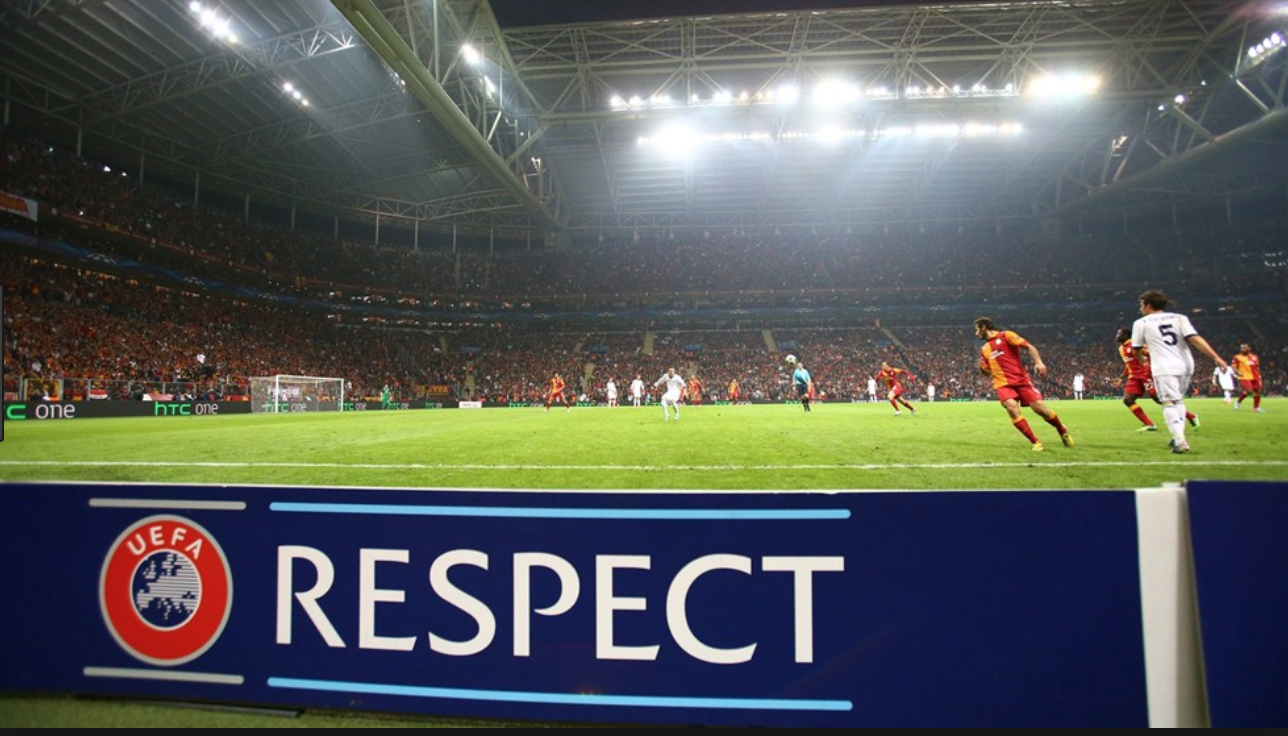
UEFA confirms social responsibility partners for next four years
Following a comprehensive review of its social responsibility strategy at the end of 2017, UEFA has reaffirmed its commitment to a number of important social issues for the foreseeable furture.
The governing body is looking to continue to tackle prominent issues such as discrimination, access, inclusion, reconciliation and sustainable event management; as well as furthering efforts with new initiatives involved with child protection and football for refugees.
Most recently, after a tender process in the fields of safeguarding children, health & wellness and Co2 emissions, the UEFA Fair Play and Social Responsibility Committee confirmed new partnerships with the following bodies in those respective fields: Terre des hommes (Tdh), European Healthy Stadia Network and South Pole Group.
A number of other NGOs and organisations have also re-confirmed their continued cooperation with UEFA for this four year cycle, including CAFE, Fare, CCPA, ICRC, Homeless World Cup and the International Platform for Sport And Development.
CAFE Managing Director Joanna Deagle said:
"We are delighted to continue our relationship with UEFA during this cycle. UEFA has consistently demonstrated a real commitment to a game that is accessible and welcoming for all, and we look forward to ensuring further progress in this area over the next four years".
Peter Gilliéron, the Chairman of UEFA’s Fair Play and Social Responsibility Committee, said:
"We’re really looking forward to working with our new and existing partners, and playing a more active role in issues like child protection, and dealing with the refugee crisis.
"We feel confident that this is a really well-rounded portfolio, and gives us the perfect platform for European football to act in a socially responsible manner."
UEFA President Aleksander Čeferin, commenting on the progress of his first year in charge said:
"Our new #EqualGame campaign is proving to be an excellent vehicle in transmitting core values of diversity and inclusion – and that football is a game for everyone, no matter who they are, what they are and where they are from.
"The drive to attract more women and girls to football has also gained fresh impetus this year with the launch of the Together #WePlayStrong campaign. Women's football has considerable potential, and we must strive to change perceptions of it.
"A great step in that direction came at the year's major European tournament, Women's EURO 2017 in the Netherlands, which took the elite women's game to another level. A memorable three-week festival of football saw new teams and new stars emerge – highlighting the excellent development work being undertaken by the European national associations."